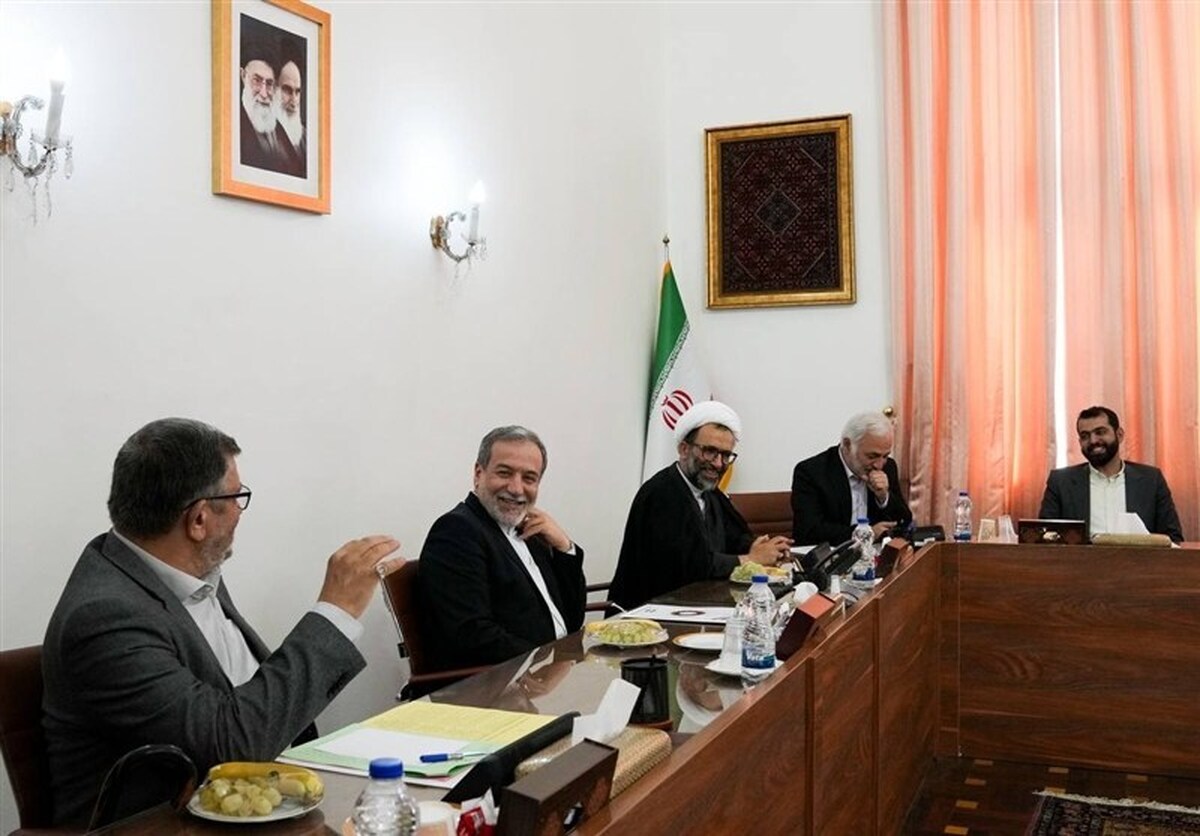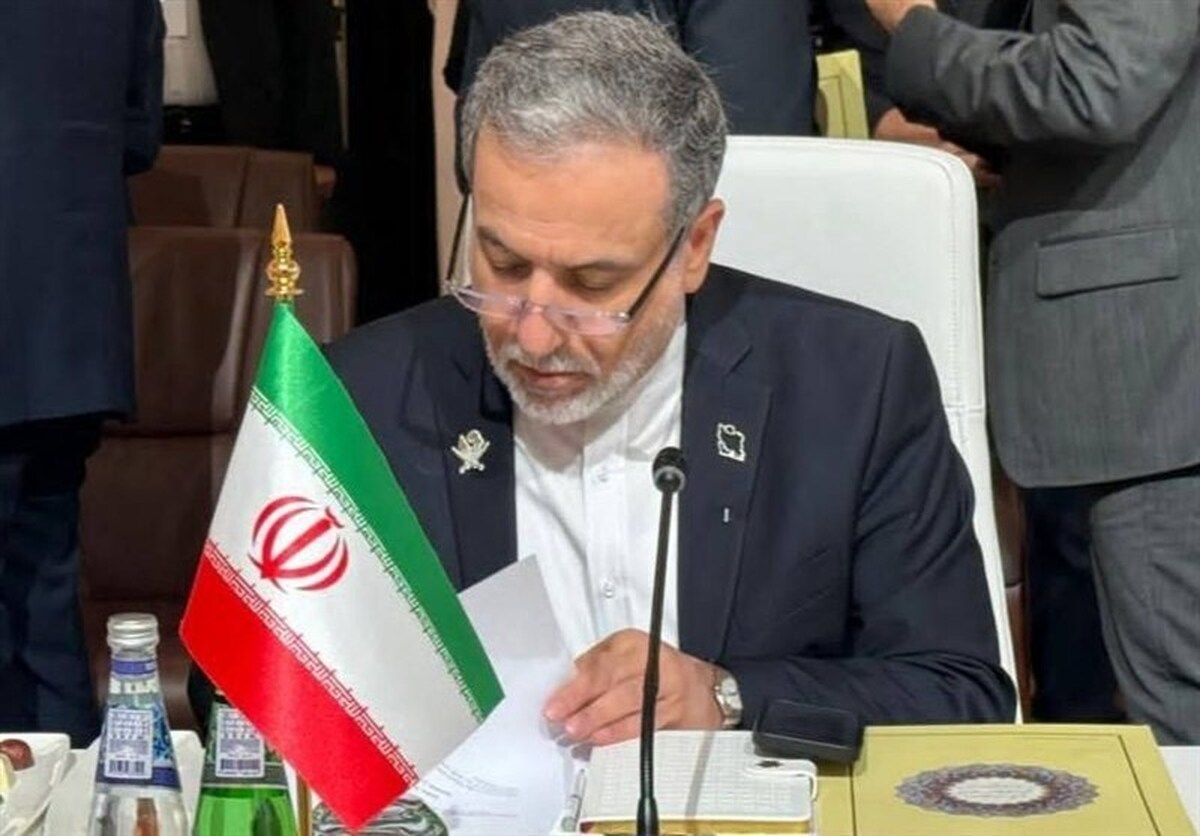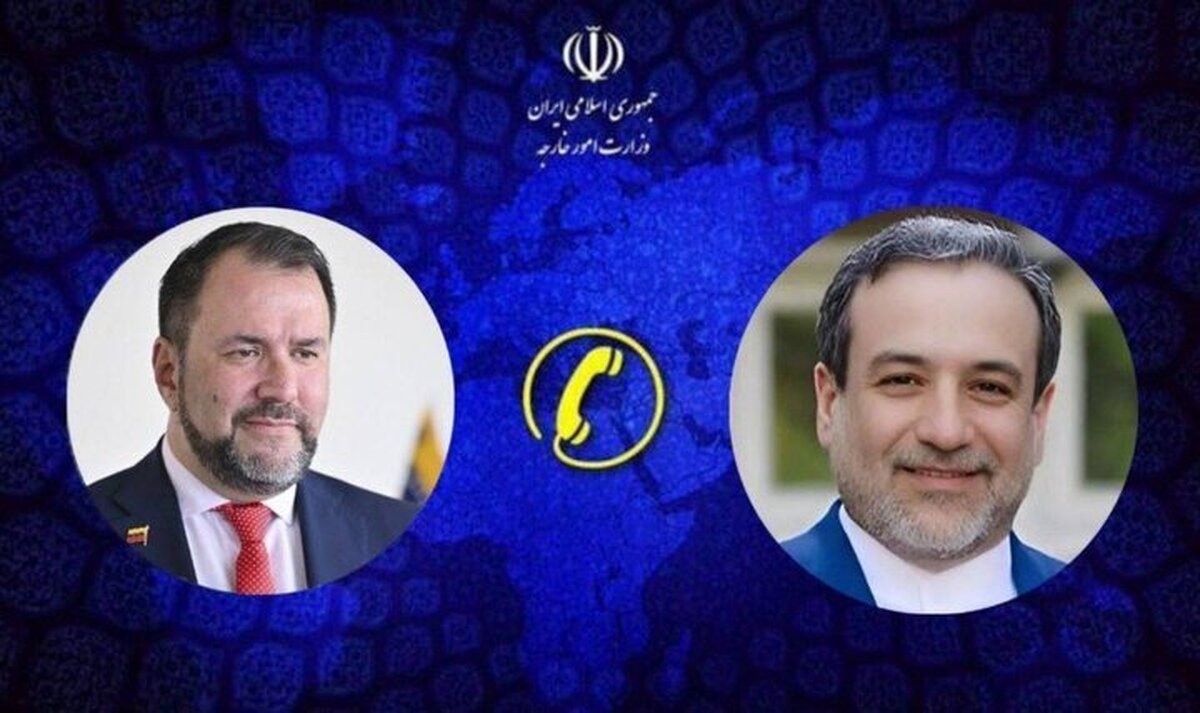
FM Castigates Seoul for Refusing to Unblock Iran’s Forex Assets
EghtesadOnline: Foreign Minister Hossein Amir-Abdollahian criticized the South Korean government for creating obstacles to Iran’s access to its assets blocked in the southeastern country.
In a phone conversation Thursday with his Korean counterpart Chung Eui-yong, Amir-Abdollahian again urged Seoul to allow Iran “early access” to billions of dollars in currency assets frozen in Korean banks.
Seoul has often been urged to unfreeze more than $7 billion of assets blocked by the Koreans due to the US economic blockade. Korean officials have long said they are “in talks with Washington on ways to release the money without violating” the tough unilateral sanctions.
The US banned Iran access to its currency assets after the former controversial president Donald Trump abandoned the landmark nuclear agreement with Iran in 2018.
“It is unfortunate that trade between the two countries has been harmed due to inaction [of the Seoul government] to settle issues of the blocked currency,” the top diplomat was quoted as saying by IRNA.
Tehran has long complained that the Korean government’s refusal to unlock its assets has prevented it from buying essential goods and medicine.
“The people in Iran are disappointed with this situation,” the minister told his Korean counterpart, noting that depriving Iranians of the much-needed resources in South Korea has also disrupted humanitarian trade with the country.
Amir-Abdollahian asked Chung to enable Iran’s access to its own assets in ways “beyond the current impasse”, which has been created “due to submission” to the US’ unilateral sanctions regime.
The East Asian country had earlier agreed to release $1 billion, a deal which was apparently foiled by US obstructionism.
Chung recalled the longstanding friendly relations between the two countries, assuring that he “is pursuing the issue of Iran’s access to blocked assets”.
Home Appliance Import Ban
The Korean diplomat expressed concern over a decision Thursday by the Tehran government to ban import of Korean goods.
He was referring to a decision announced by President Ebrahim Raisi banning the import of home appliances made in Korea.
The restrictions were announced after a group of domestic home appliance producers asked the Leader of Islamic Revolution Ayatollah Seyyed Ali Khamenei to help them rescue their industry by imposing the import ban.
The limitations mainly target Korean companies, namely LG and Samsung. Iran has long been a major market for Korean electric goods.
According to available data, foreign brands, including Samsung and LG, still account for a third of the Iranian home appliance market.
South Korea was a major buyer of Iranian oil before the US sanctions. Home to a massive refining industry, the country is the world’s fifth-largest oil importer. Before the new US restrictions Iran accounted for almost 15% of Korea’s oil imports.
After the US restricted the use of dollars for transactions with Iran, the Central Bank of Iran created new accounts with Korea’s commercial banks to facilitate trade in won.
The two sides had used the accounts based on the Korean currency to continue Korean import of oil from and exports to Iran. Those accounts were also frozen after the antagonistic Trump administration tightened sanctions on Iran’s oil export in 2019.




